China's manufacturing activities eased in November as the sector enters traditionally lackluster season. Weak market demand, a major factor pulling back momentum of economic recovery, continued to bite, analysts said. But with stimulus measures gradually releasing effect, the manufacturing sector is expected to improve.
The official manufacturing purchasing managers' index (PMI) came in at 49.4 in November, down from 49.5 last month, missing market expectations, data from the National Bureau of Statistics (NBS) showed Thursday.
A reading below 50 indicates a contraction in the manufacturing sector, while above 50 indicates expansion.
In terms of sub-indices, the production index settled at 50.7 in November, down 0.2 percentage points from the previous month, while the new orders index fell slightly to 49.4 in the month from October. Weak market demand has remained the primary culprit inhibiting manufacturing sector development, according to the survey.
There are two bright points, however, among the sub-indices. The expectation index for production and operating activities came in at 55.8, an increase of 0.2 percentage points from October, which indicates that the majority of manufacturers are largely optimistic about the market development prospects.
New driving forces in the manufacturing sector have grown rapidly. The high-tech manufacturing PMI stood at 51.2, an increase of 2.0 percentage points from October, returning to the expansion territory, while the equipment manufacturing PMI registered at 51.6, up 0.9 percentage points month-on-month, indicating that industry expansion has accelerated.
"Despite the recent economic recovery being a little bit tortuous, the process of economic transformation and upgrading is still ongoing," Wang Qing, chief macroeconomic analyst at Golden Credit Rating International, told the Global Times on Thursday.
A number of recent stimulus measures will support moderate recovery of domestic market demand. But, there remains some uncertainty about whether some weak areas such as private economy and the real estate sector can stabilize soon, and the downward pressure on external demand is weighty, which will negatively impact the recovery of the manufacturing industry, said Wu Chaoming, a deputy head of the Chasing Research Institute.
China's central bank and other government agencies on Monday announced 25-point package to step up financial support for the country's private sector, including efforts to diversify financing channels for private businesses, another crucial step to boost the private economy.
Meanwhile, Chinese regulators have been reportedly asking stated-owned lenders to ramp up financing support for property developers.
"Looking ahead, there is certain internal drive for recovery in household consumption, and macroeconomic policies are targeted at stabilizing growth including the issuance of an additional 1 trillion yuan ($139.3 billion) special treasury bonds and large-scale issuance of special refinancing bonds. Those factors combined, the downturn pressure in the property sector will be offset to some extent and helping the manufacturing sector," Wang said.
In October, the sixth session of the Standing Committee of the 14th National People's Congress approved the issuance of additional one trillion yuan in special treasury notes. The funds will be used in eight specific areas, including post-flooding reconstruction and high-standard farmland reconstruction.
The NBS also revealed the PMI for non-manufacturing in November which stood at 50.2, down 0.4 percentage points from October.














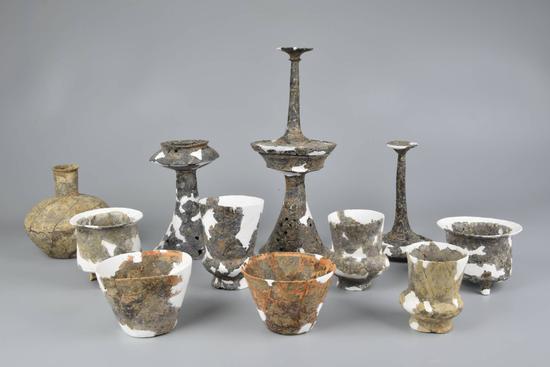
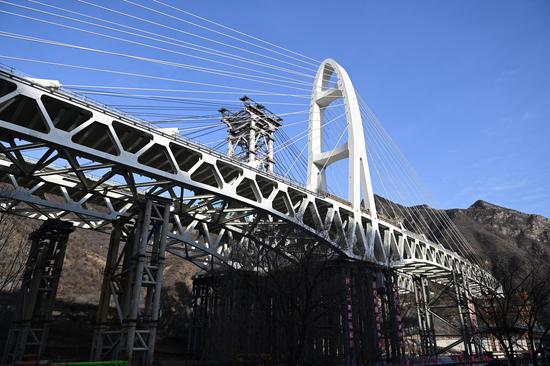
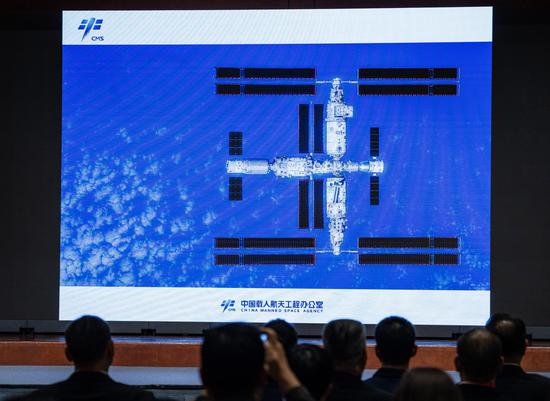
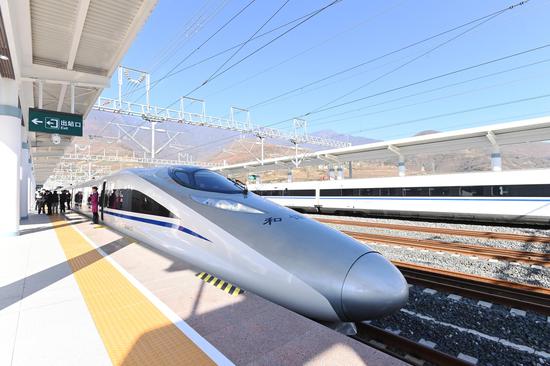
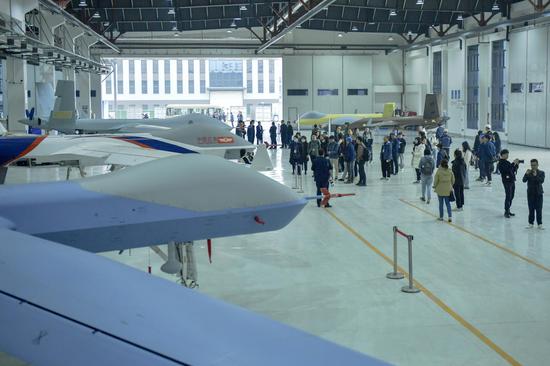


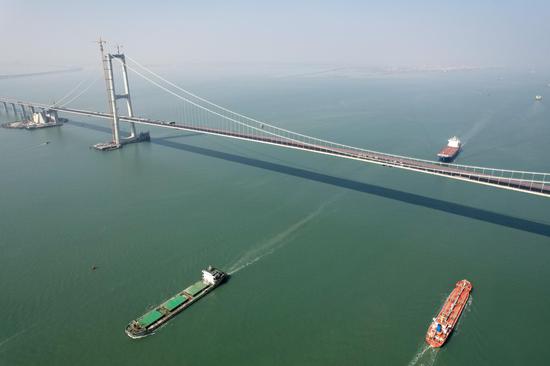


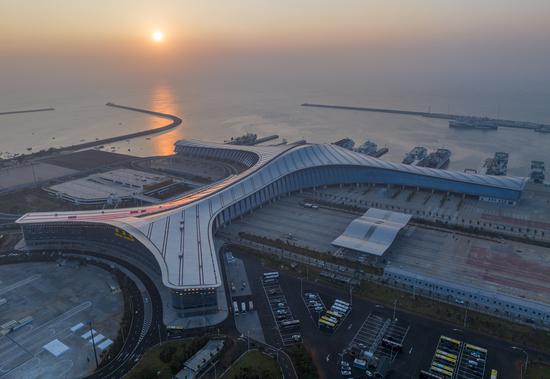



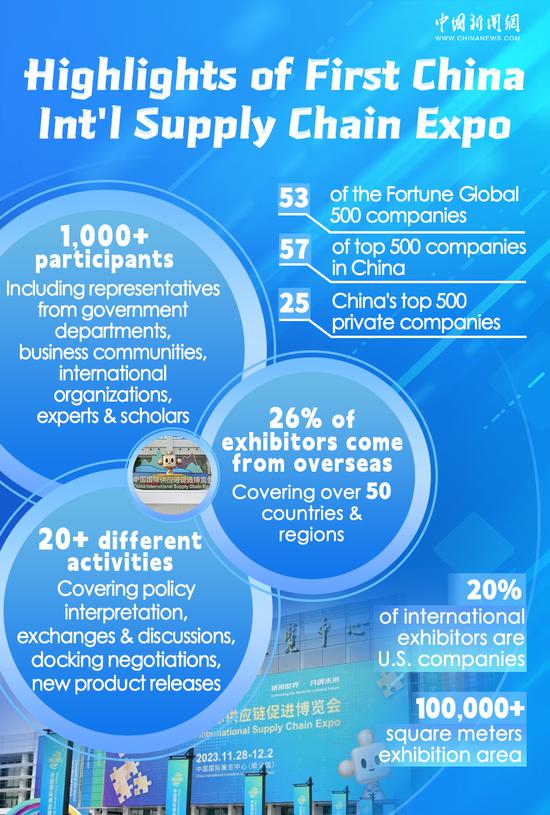




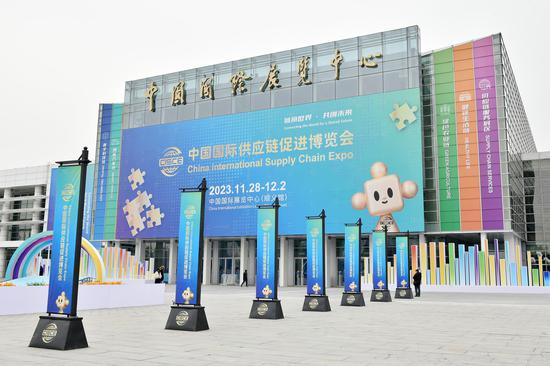
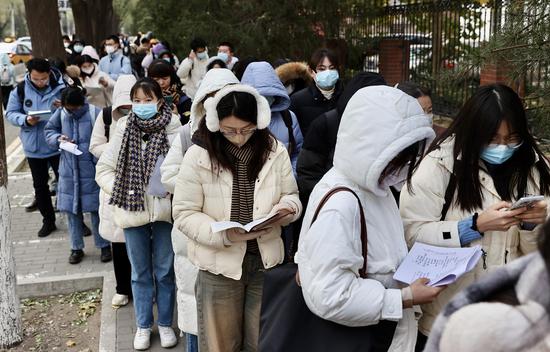
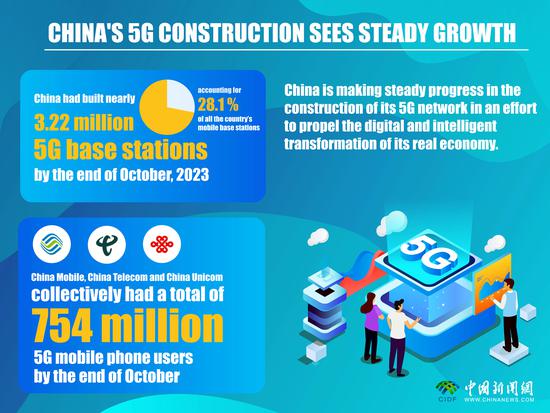



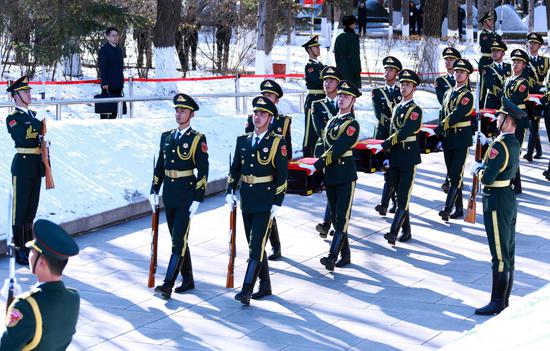
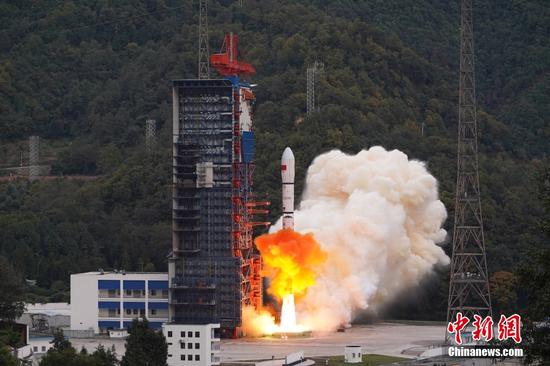

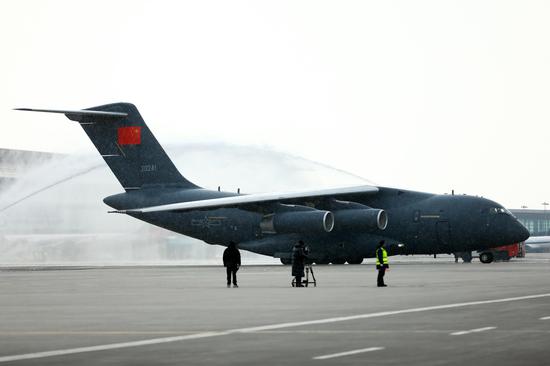







 京公网安备 11010202009201号
京公网安备 11010202009201号